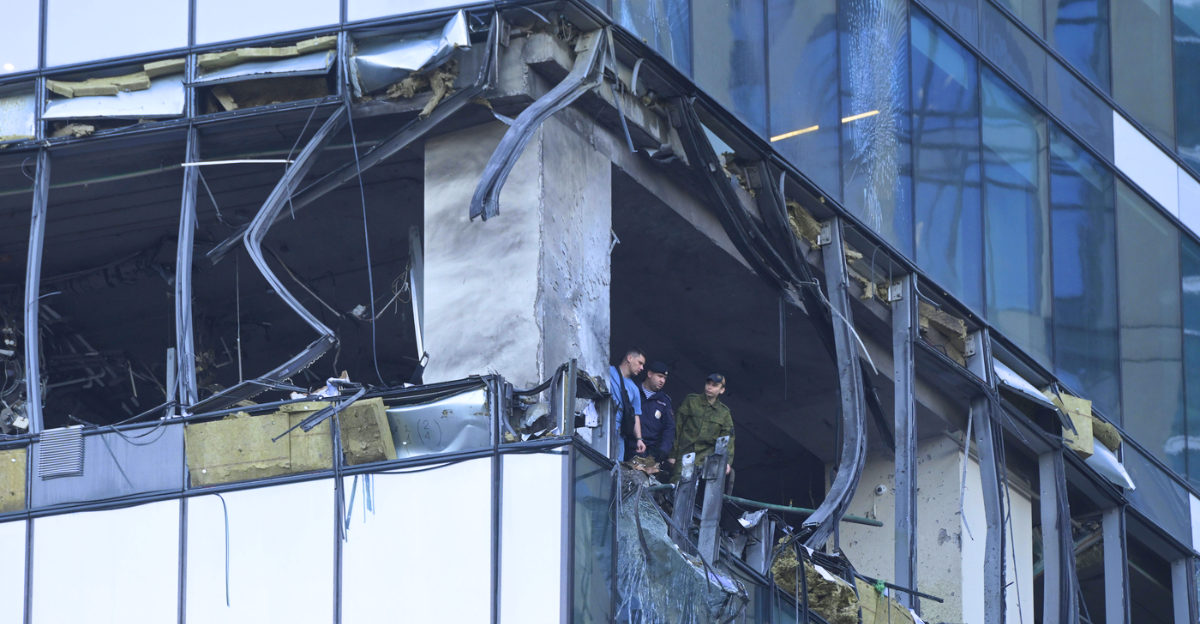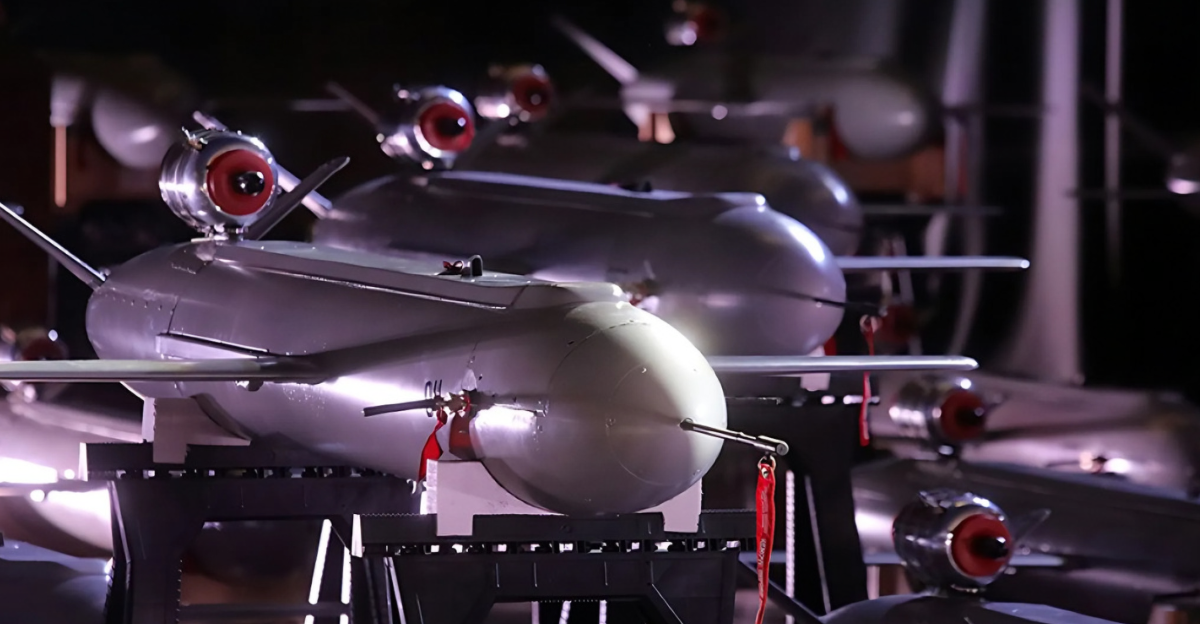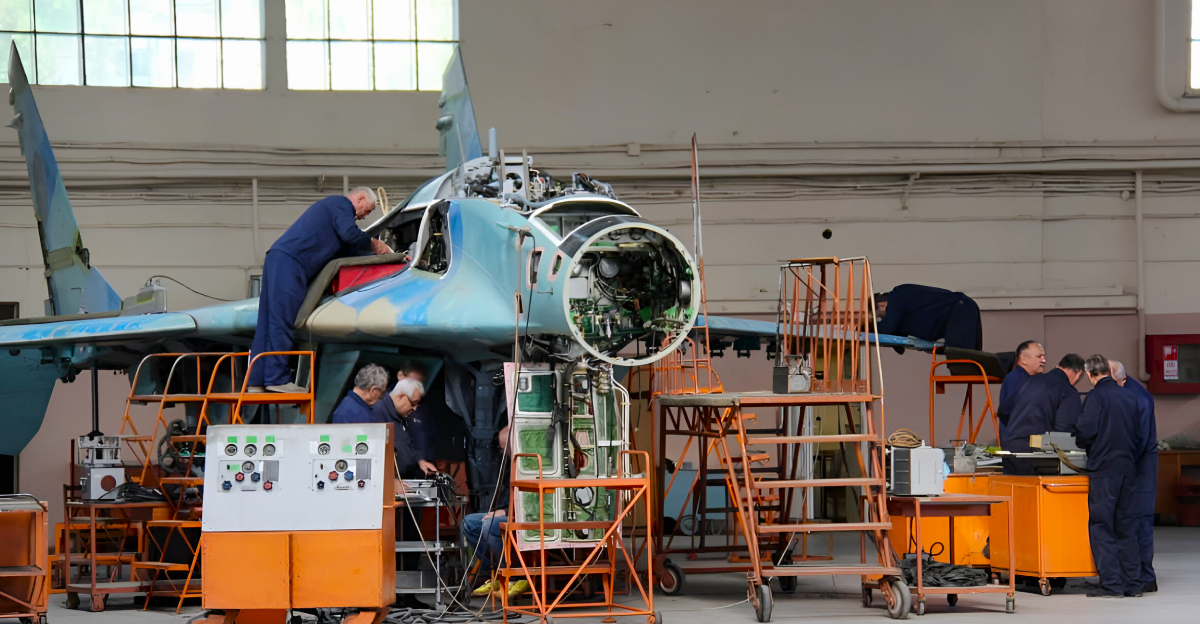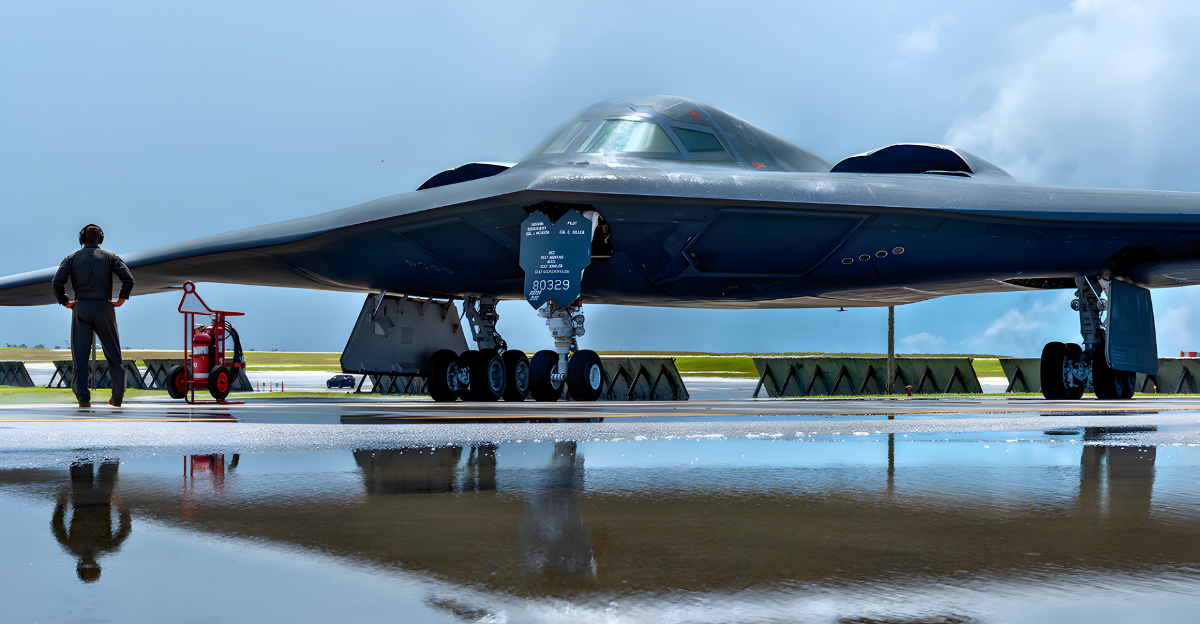
There’s so much going on in the world at the moment that it comes as no surprise that people are starting to think about the possibility of a nuclear war breaking out sometime soon. Surviving a nuclear event requires more than just a fortified shelter, you need to be fully prepared and have some essentials on hand to make sure your safety, health, and comfort are top priorities.
These are some of the most important things you need to have on hand to make sure you survive the itial attack as well as the fallout without wanting to pull your hair from your head.
1. Air Filtration System
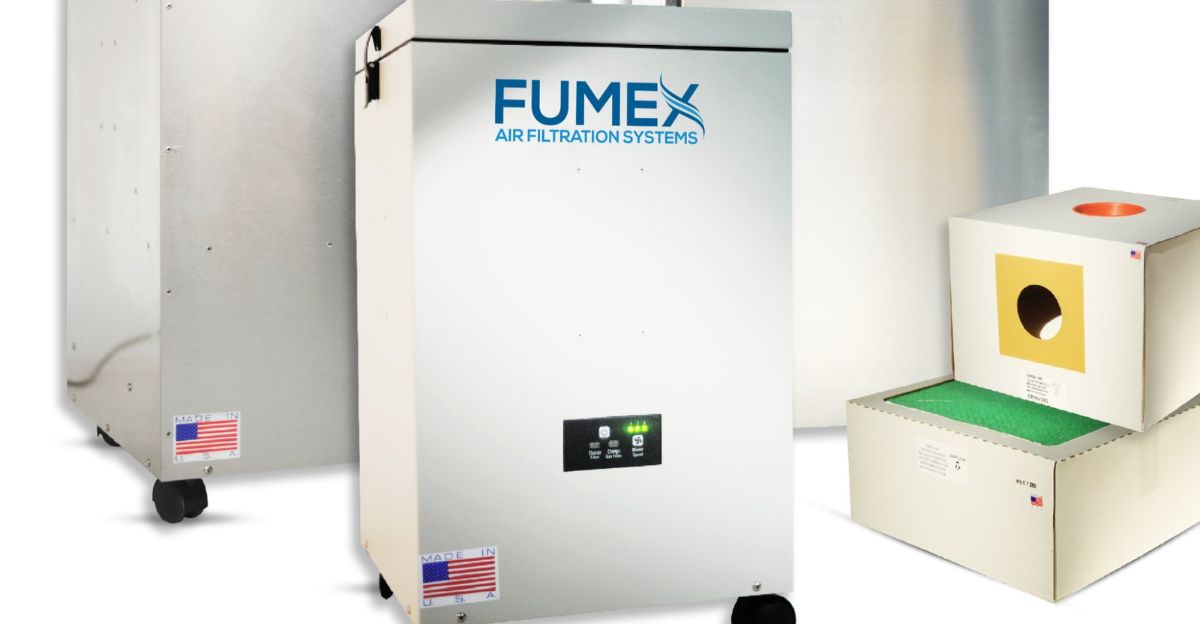
Seeing as you need to be able to breath in order to survive, having a fantastic air filtration system is right at the top of the list. This system ensures tha you have a continuous supply of safe, breathable air even when the outside environment is contaminated with radioactive particles, toxic chemicals, or biological agents.
Modern systems use a combination of high-efficiency particulate air (HEPA) filters to capture microscopic particles and activated carbon filters to adsorb hazardous gases and vapors. Many advanced units also include backup power options to keep air flowing during power outages.
2. Water Storage Tanks
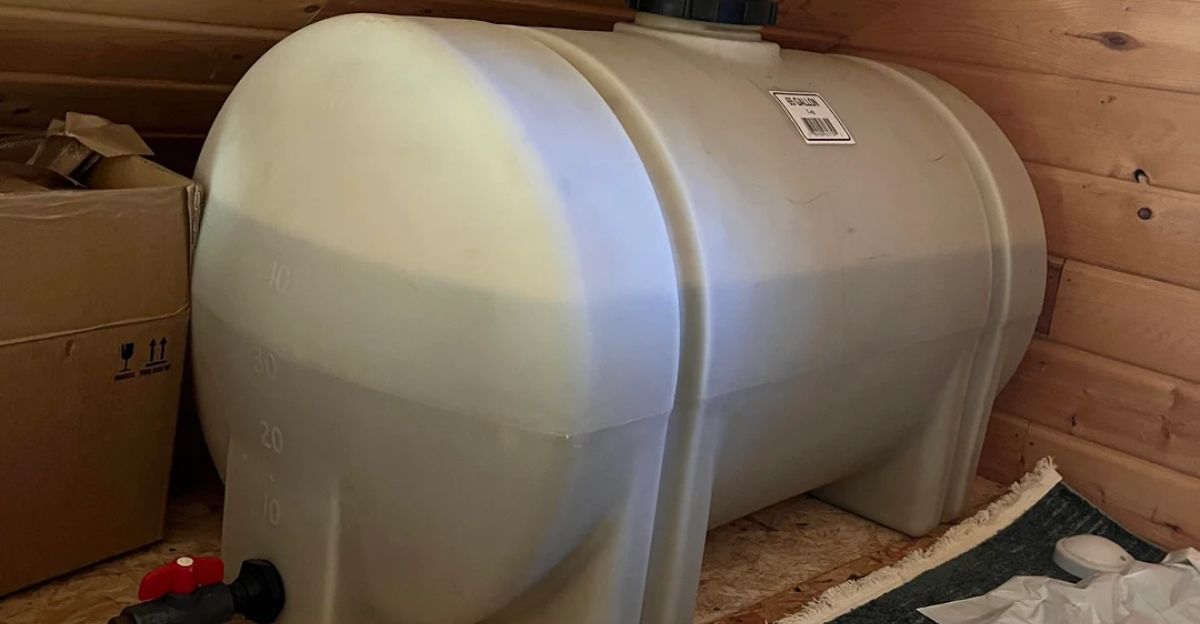
Besides needing to breath, you need to have fresh water available at all times. Water is life, and there’s no way around it. The Federal Emergency Management Agency (FEMA) and the American Red Cross recommend storing at least one gallon of water per person per day, with a minimum two-week supply to cover both drinking and basic hygiene needs.
When choosing tanks, prioritize food-grade, BPA-free materials like high-density polyethylene (HDPE) to prevent chemical leaching and ensure long-term water safety. Make sure to check these tanks regularly to make sure they are in tip-top shape, just in case.
3. Non-Perishable Food
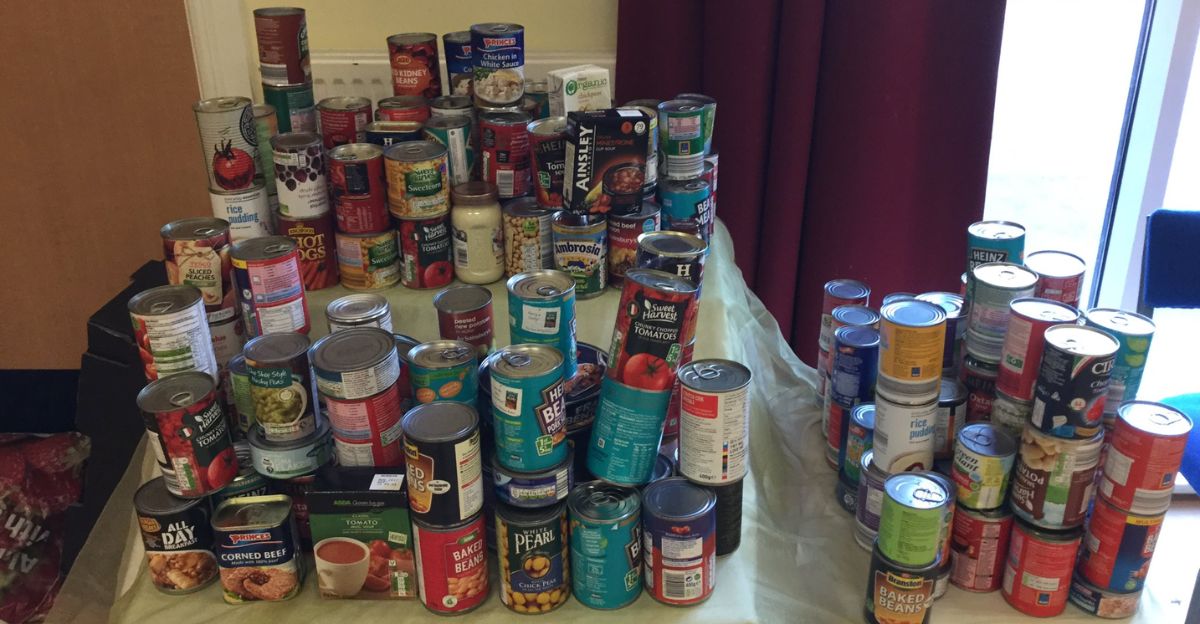
While you can technically survive without food for some time, there’s nothing fun about it, so having non-perishables around would be a pretty good idea. Make sure to have some canned goods, freeze-dried and dehydrated foods around to keep your options open and your tummy full.
Dried beans, grains, pasta, and nut butters provide the neccessary carbohydrates, protein, and healthy fats, helping to keep energy levels steady during stressful times. Make sure to store food in airtight containers and regular;y rotate your supplies to help maintain freshness and readiness for any emergency.
4. Lighting
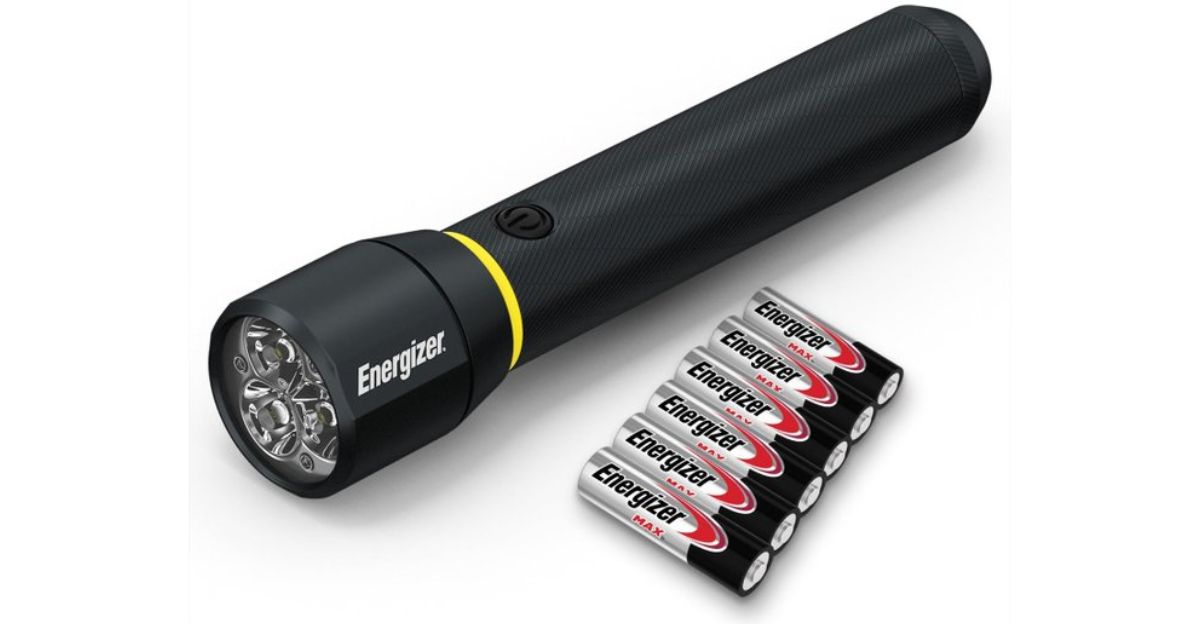
Imagien having to sit in the pitch black dark for days on end, that wouldn’t be a pleasant experience for anyone, so making sure you have lights, backup lights and backup-backup lights are a must have. LED lighting stands out as the top choice due to its energy efficiency, long lifespan, and ability to provide bright, uniform illumination even with limited power resources.
LED and solar powered lights are the best options because they make for a sustainable backup when grid power is unavailable.
5. Duct Tape
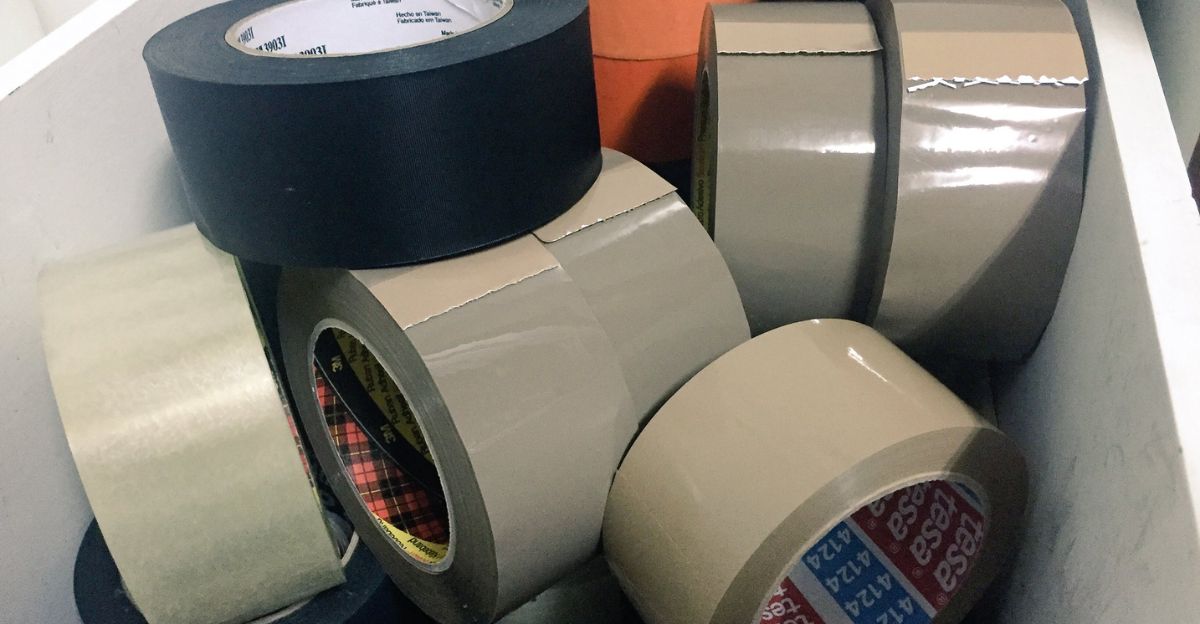
There’s nothing that can’t be fixed by duct tape right? It’s great for sealing doors, windows, and vents with plastic sheeting to protect against radioactive fallout or chemical plumes, helping to reduce airflow and prevent contaminated air from entering the shelter during a crisis.
It can also be used for quick repairs to gear and shelter infrastructure, making makeshift bandages or splints for first aid, and waterproofing containers. It’s great to have around in case of an emergency because of how strong and durable it has proven to be.
6. Entertainment

Things to keep you busy might seem like a pretty unimportant thing to have, but mental health plays a significant role in survival odds. Simple activities like playing cards, board games, or puzzles can help pass the time, reduce stress, and foster a sense of normalcy amid uncertainty.
For families, organizing game nights or storytelling sessions can strengthen bonds and keep everyone engaged. Even in the most challenging circumstances, having a variety of entertainment options can make life underground more bearable.
7. First Aid Kit
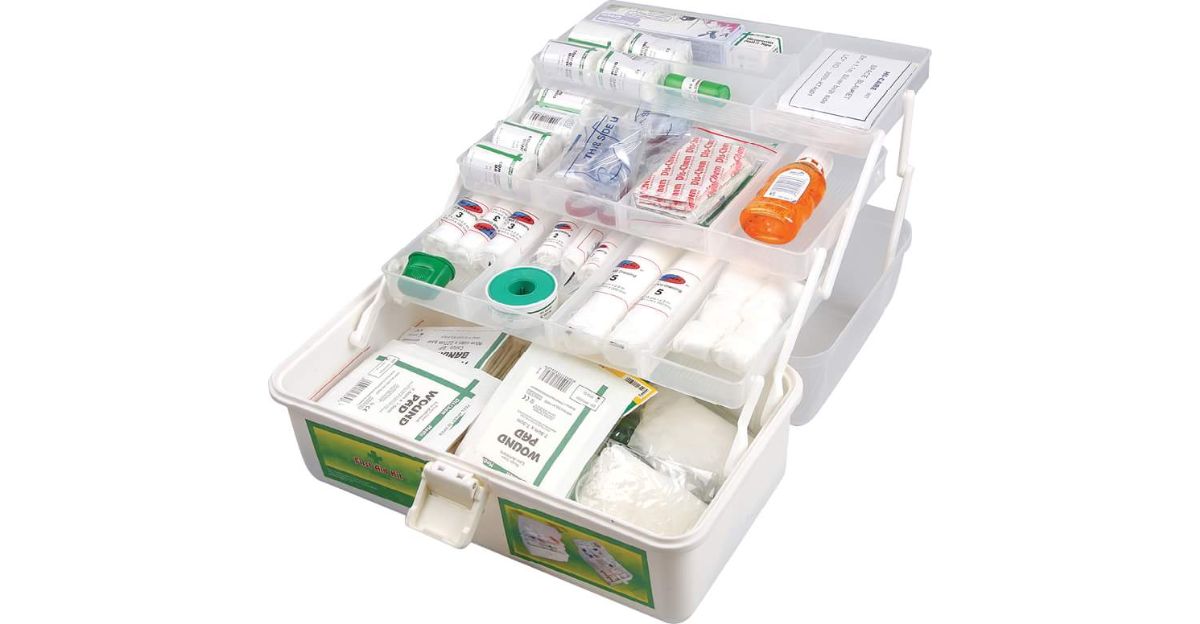
A first aid kit is a non-negotiable necessity in any nuclear bomb shelter because you won’t have access to any medical care for quite some time. The kit should be comprehensive, containing a variety of bandages, sterile gauze, antiseptics, medical tape, and gloves for treating wounds and controlling bleeding.
Essential medications should be included, along with specialized items like potassium iodide tablets to protect the thyroid from radioactive iodine exposure in a nuclear event. Make sure your first aid kit is checked often to keep medicine safe to use in case of an emergency.
8. Power Generator
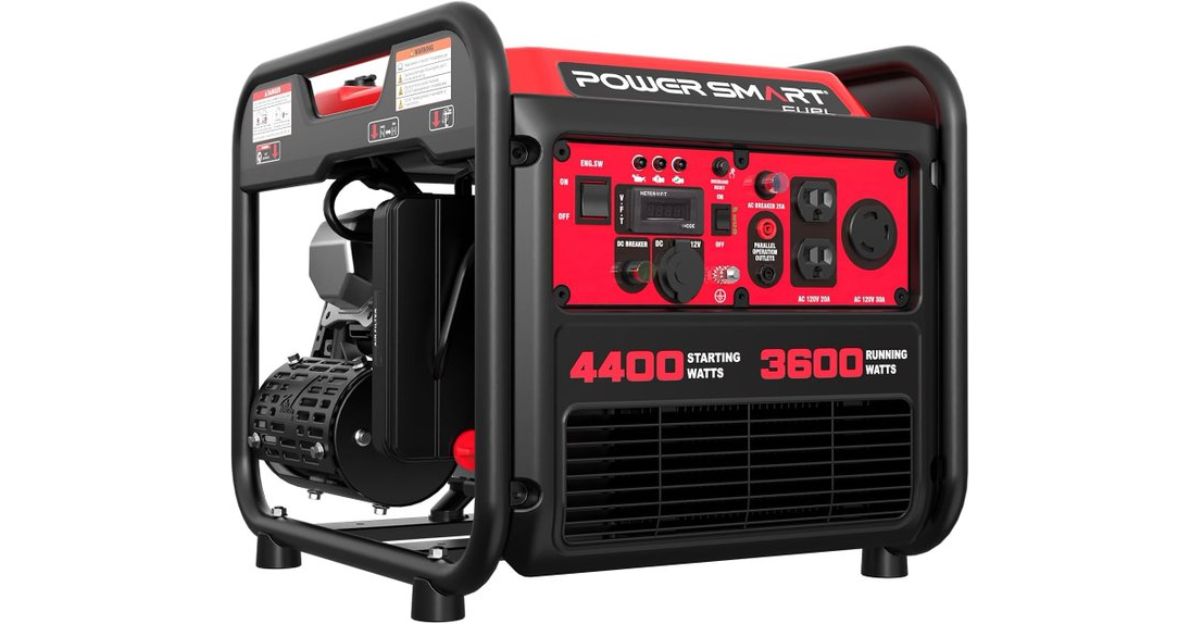
This would be the most important aspect of survival in a nuclear bomb shelter, as it supports critical systems like lighting, air filtration, communication, water purification, and food storage. Solar panels are a popular and sustainable choice, offering independence from the electrical grid and low maintenance.
Battery-powered systems, especially those using rechargeable deep-cycle batteries, are easy to set up and can be combined with solar panels or generators for greater reliability. Diesel generators deliver high power output and can support larger shelters, though they require fuel, produce noise, and need regular maintenance. Whatever your preferred method might be, it’s important to have electricity as part of your fallout plan for survival.
9. Cooking Equipment
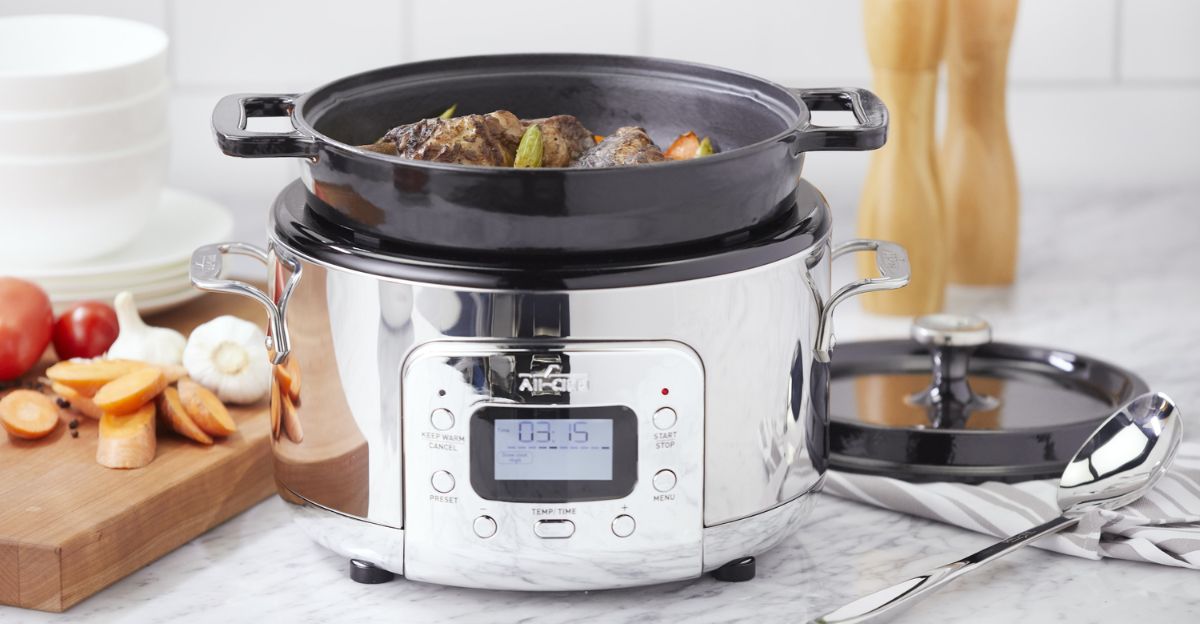
Who wants to be eating from a can the entire time? Having a warm meal to eat can make a big difference in your mental health. The safest and most practical options are electric appliances like induction cooktops, slow cookers, or microwaves, that can be powered by your shelter’s backup electricity system and do not produce open flames or harmful fumes.
It’s important to avoid using gas or propane stoves inside the shelter, as they can pose serious risks of carbon monoxide buildup and require ventilation that could compromise the shelter’s airtight integrity.
10. Hygiene Supplies
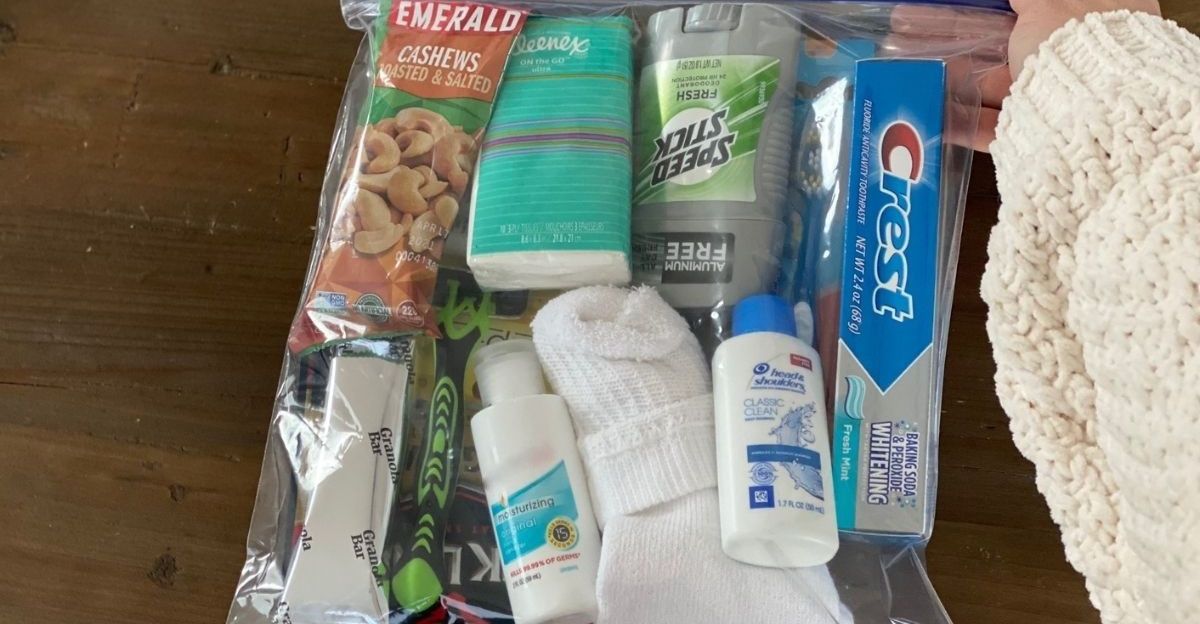
Keeping good hygiene might seem insignificant taking into consideration what’s going on outside the bunker, but it actually has a pretty important role to play. Essential items include soap, hand sanitizer, disinfecting wipes, and household liquid bleach, which can be used for both personal hygiene and disinfecting surfaces.
Toilet paper, moist towelettes, and garbage bags with plastic ties are necessary for personal sanitation, while portable toilets or buckets are a practical solution for waste management in the absence of plumbing.

